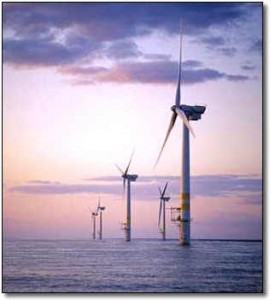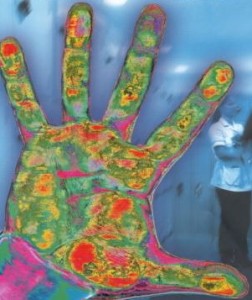
President Barack Obama.
In his State of the Union Address <video, transcript Englsh, en español>, President Obama said “The best anti-poverty program is a world classeducation
.” He described a positive, or reinforcing, feedback loop. Education enables people to accomplish more, earn more, and better educate their children, who also accomplish more and earn more. It is one of the most important differences between the populations of New Jersey and West Virginia. This is described in detail in Thinking in Systems, by Donella Meadows<link>, (C) 2008, published by Chelsea Green<link>, ISBN 978-1-60358-055-7.
The President also asked for a better health care plan. I can answer that in five words: “Single Payer; Medicare For All” <link> just approved by the California Senate. Medicare works for my octogenarian father. Health Insurance Care doesn’t work for a 20-something friend of mine. He just graduated from college. He has no job and therefore no medical insurance. If he was a full-time student he’d be covered on his parents’ insurance. A simple reform would cover recent graduates until they find a job that pays a living wage and provides health insurance benefits. Another would be by expanding Medicare to cover all citizens. This is much easier said than done. Our medical care system cannot adequately care for approximately 50 million people – one out of six. This can’t be changed overnight – we need to train more doctors and nurses, and build more hospitals, but it must be changed.

Mountain strip mined for coal. Chris Dorst, Charleston, WV Gazette.
Energy is another set of systems problems. No one who has seen a once pristine valley after strip mining or “mountain-top removal” uses the term “Clean Coal.” Countries like Denmark, Ireland, Israel, Japan, and Sweden built their economies with education not extraction of natural resources. As the President alluded to, conservation and clean, renewable energy technologies – solar, wind, geothermal, hydro – can be implemented faster, at a lower cost, and with fewer negative economic externalities than traditional fuel intensive resource based technologies like fossil fuel and nuclear power. This suggests another of the differences between New Jersey and West Virginia – the “Blessings of Education” versus the “Resource Curse” <link> from which economies built on extraction of natural resources suffer.

Arklow Bank Wind Park, off Arklow Bay, Ireland. Image courtesy Oneworld.net, UK.
The President needs economic advisors who start think in terms of ecological economics <link1 / link2>, of metrics like the Genuine Progress Indicator, GPI <link>, rather than Gross Domestic Product, GDP <link>. Simply put, ecological economics is neoclassical economics with a better understanding of the long term and of costs. Spending one dollar – or one trillion dollars – to clean up a mess is not as good as allocating those resources to build factories, houses, libraries, museums – the infrastructure, culture, and community of a nation.



